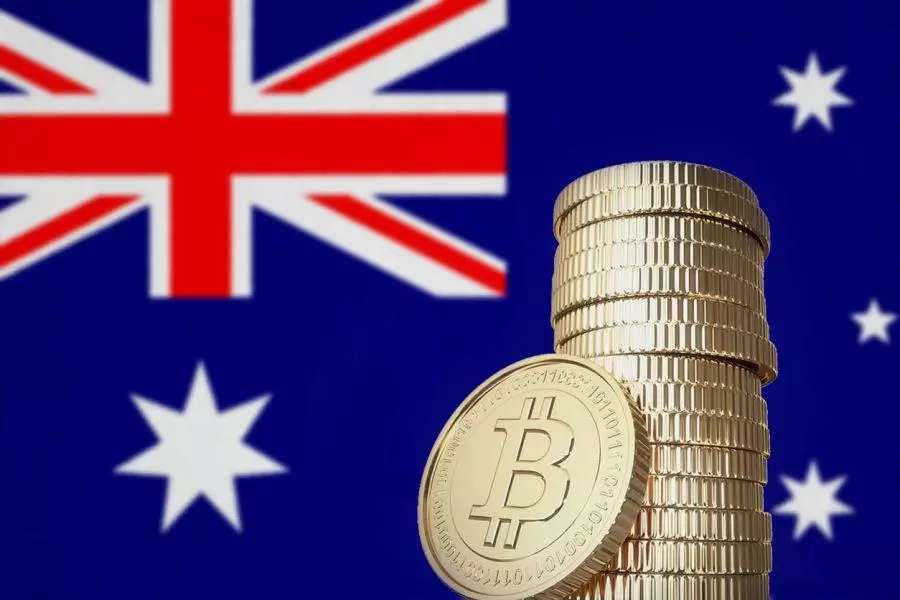Australian regulators have recently faced challenges and regulatory scrutiny in regards to digital asset regulations. However, there is optimism among industry stakeholders that the regulators will make informed decisions that will shape the future of digital asset regulations in the country.
In May, Binance Australia experienced an abrupt disconnection from its payment provider due to concerns about scams and fraud. This resulted in the suspension of Australian dollar deposits and withdrawals on the platform. The possible involvement of Westpac, a central Australian bank, and partial restrictions imposed by the Commonwealth Bank (CBA) on bank payments to crypto exchanges further added to the challenges faced by Binance Australia.
In July, the Australian Securities and Investments Commission (ASIC) conducted investigations at Binance Australia’s offices. These investigations focused on how the exchange categorized its clients as retail or wholesale investors. It was later confirmed that Binance had incorrectly classified some Australian users as wholesale investors. Despite these regulatory challenges, Binance has shown a strong commitment to working closely with local authorities and adhering to regulatory standards in Australia.
Despite the challenges faced by Binance Australia and other crypto exchanges, there is optimism among industry stakeholders that Australian regulators will eventually make the right decisions regarding crypto regulation. The upcoming Treasury consultation on licensing frameworks in Australia is seen as a significant opportunity to shape the future of digital asset regulations in the country.
The Treasury consultation on licensing frameworks is expected to have a significant impact on the regulatory landscape for digital assets in Australia. Industry stakeholders, including Binance, are actively engaged in discussions and working towards necessary changes. The outcome of this consultation is eagerly awaited as it will provide clarity on the future direction of crypto regulation in the country.
There has been a notable increase in discussions between major crypto exchanges and policymakers in Australia. Banks have expressed concerns about scams, but there is a growing recognition of the need for more nuanced dialogues between regulators, banks, and crypto industry leaders. Proactive collaboration is essential in order to establish a regulatory framework that balances the need for consumer protection and innovation in the digital asset space.
During Australian Blockchain Week, Trevor Power, an Australian Treasury assistant secretary, discussed the structure of a forthcoming framework for classifying tokens based on their function and purpose. Power suggested that crypto-specific legislation could emerge around 2024. The framework aims to categorize tokens by considering their function, system, and the value they provide. It is designed to be technology-agnostic and not limited to specific types of tokens, allowing for flexibility and adaptability in the rapidly evolving digital asset landscape.
Australian regulators are facing challenges and regulatory scrutiny in the digital asset space. However, there is growing optimism that they will make informed decisions regarding crypto regulations. The upcoming Treasury consultation on licensing frameworks is seen as a critical opportunity to shape the future of digital asset regulations in Australia. Positive engagement between industry stakeholders and regulators is crucial for establishing a regulatory framework that balances consumer protection and innovation. The future legislative framework aims to categorize tokens based on their function and purpose, providing clarity and adaptability in the ever-evolving digital asset landscape.


Leave a Reply